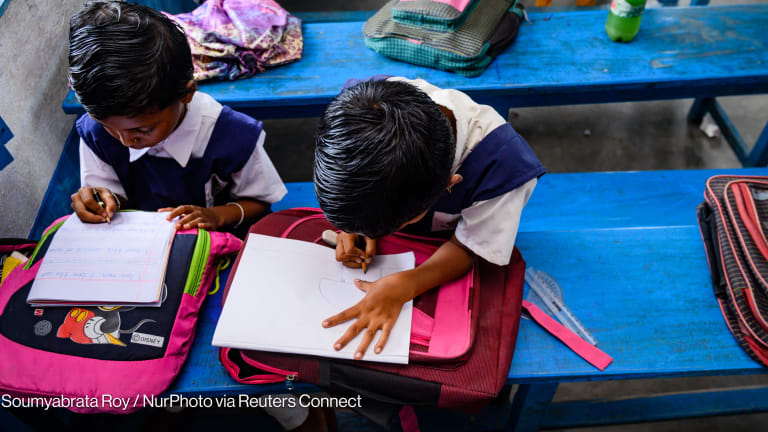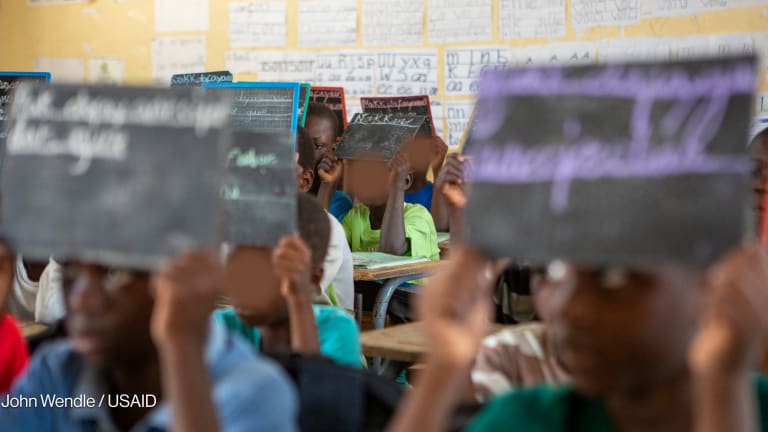In the three years since it split from the Omidyar Network, Imaginable Futures has been working to redefine itself as a global education funder. While it has retained its focus on supporting the development of education technology, the organization is working more closely with researchers from the global south and local communities to create more social justice and equity in education systems.
Imaginable Futures’ strategy has transformed since it left as part of the network’s broader restructuring strategy. Whereas before the California-based firm focused primarily on investing in for-profit and nonprofit organizations, it now works more closely with grassroots advocacy groups and education researchers around the globe to promote what it refers to as “justice, equality, diversity and inclusion,” or JEDI.
The inequities exposed by the COVID-19 pandemic helped inform the shift, the group has said.








